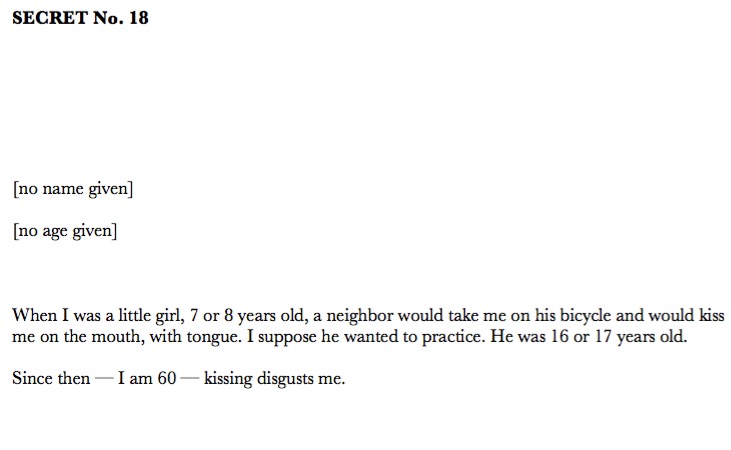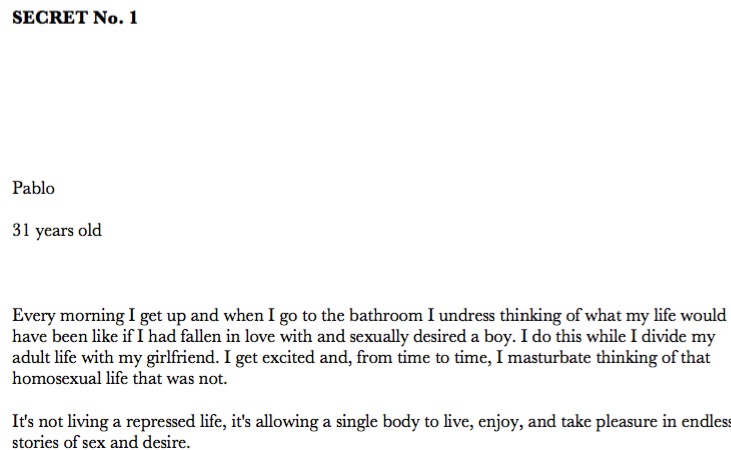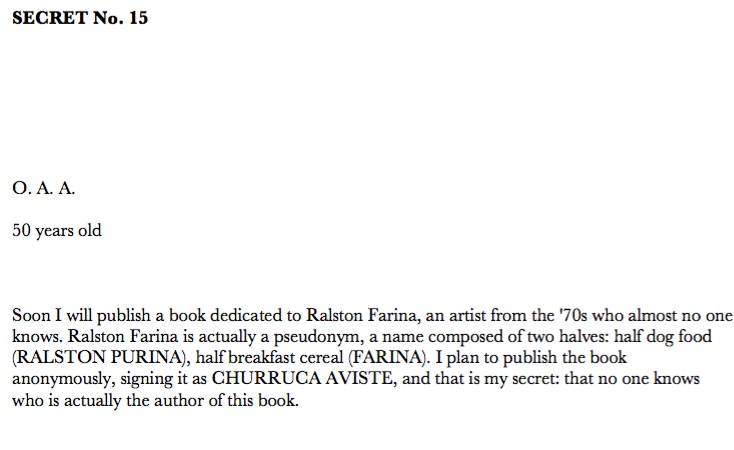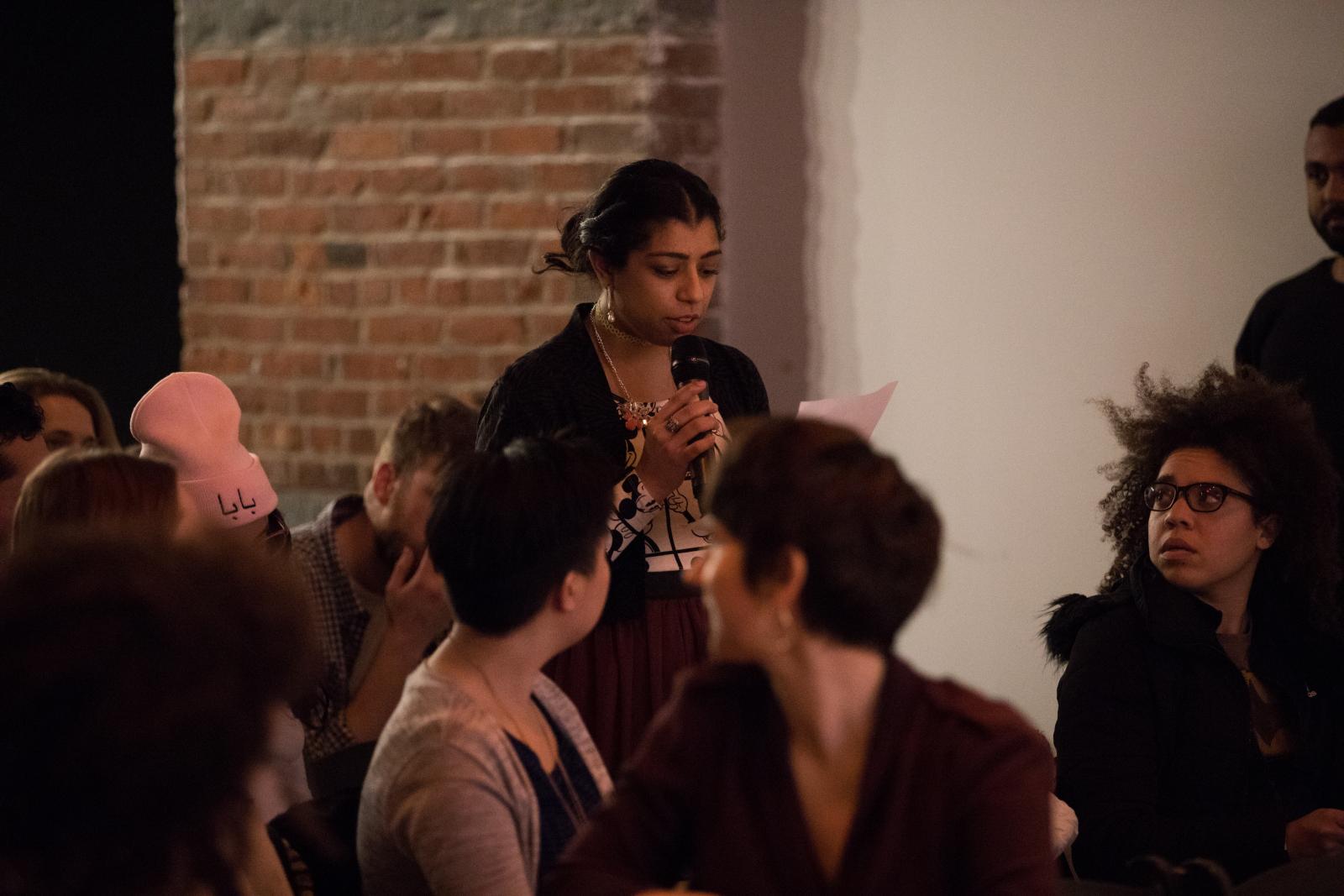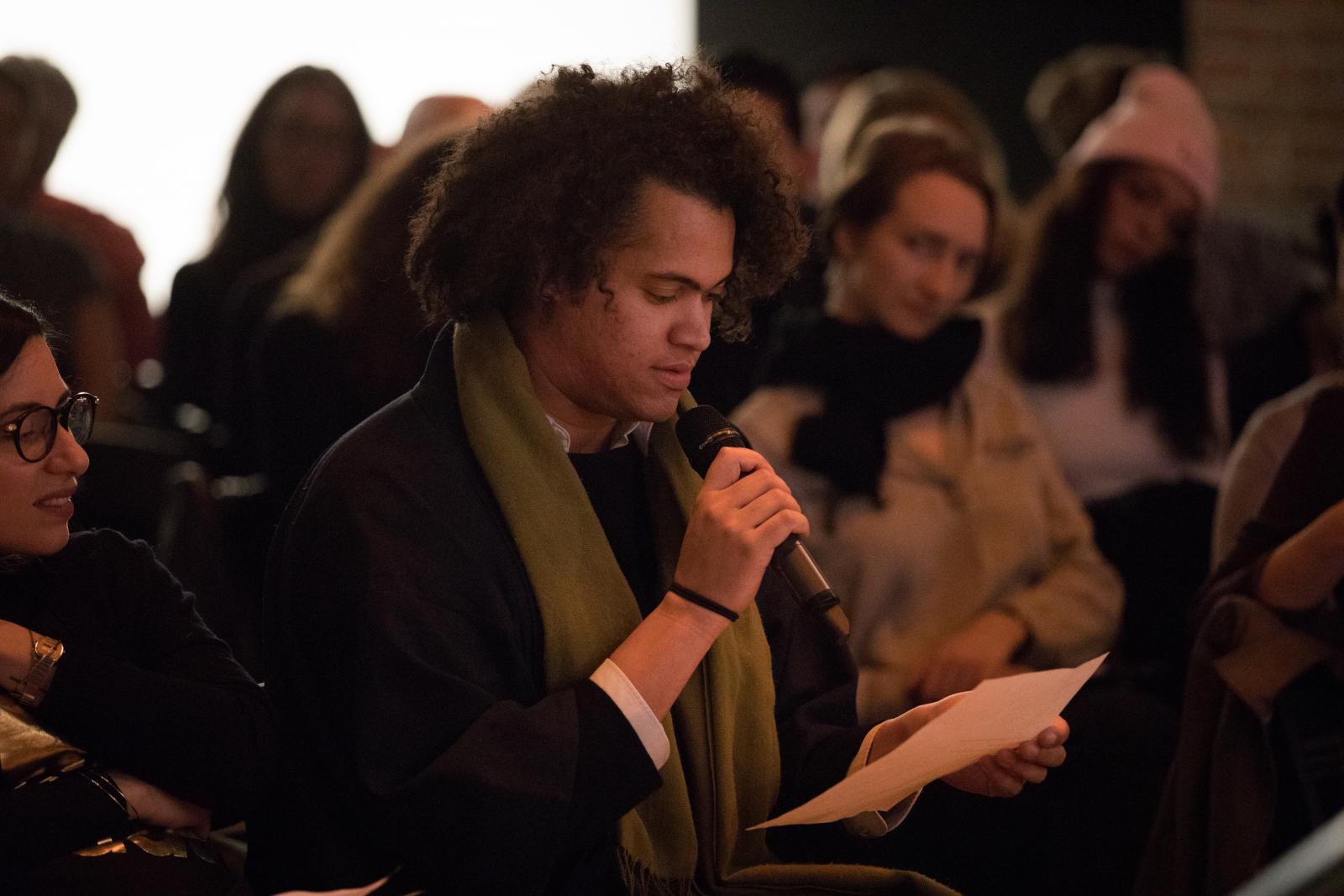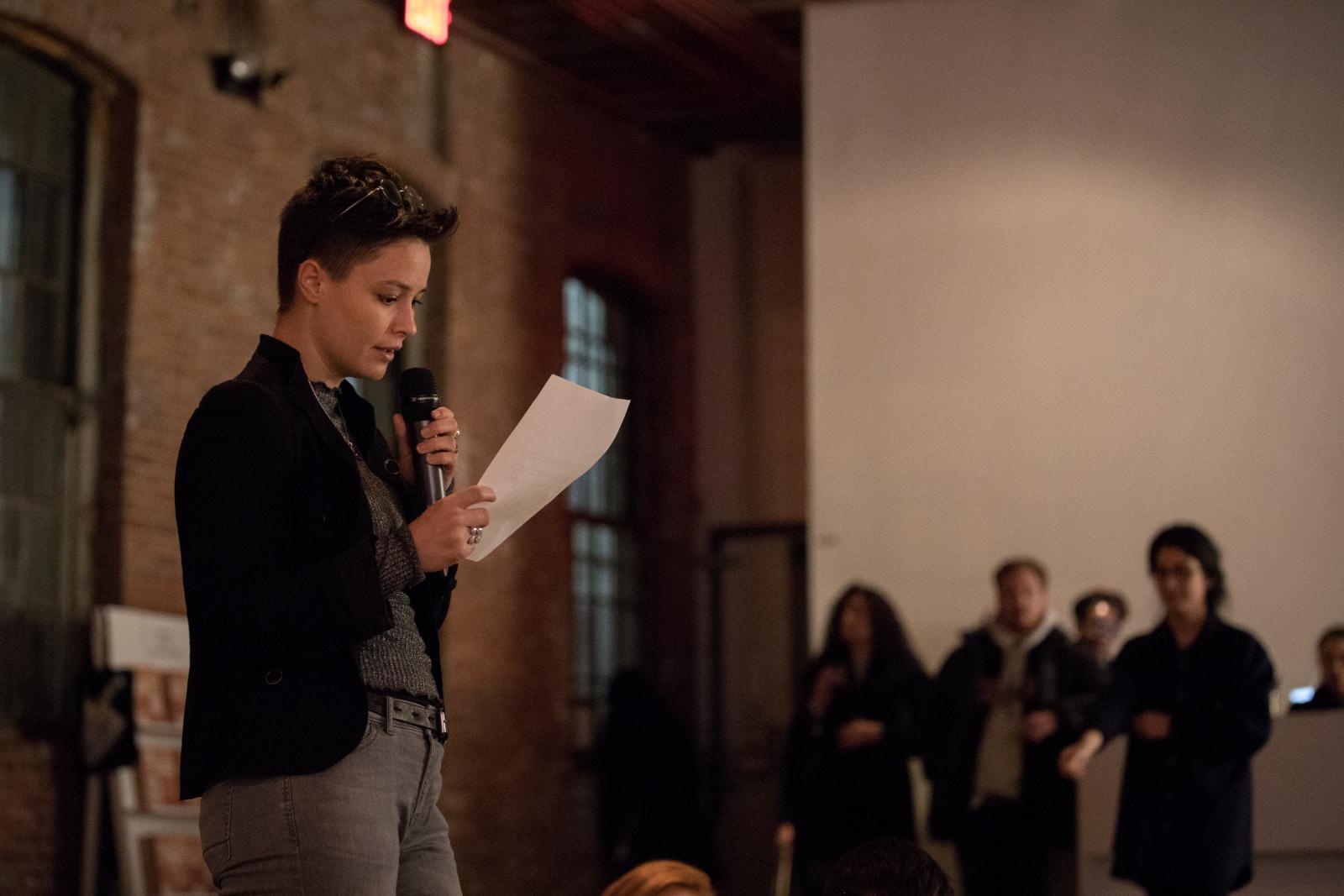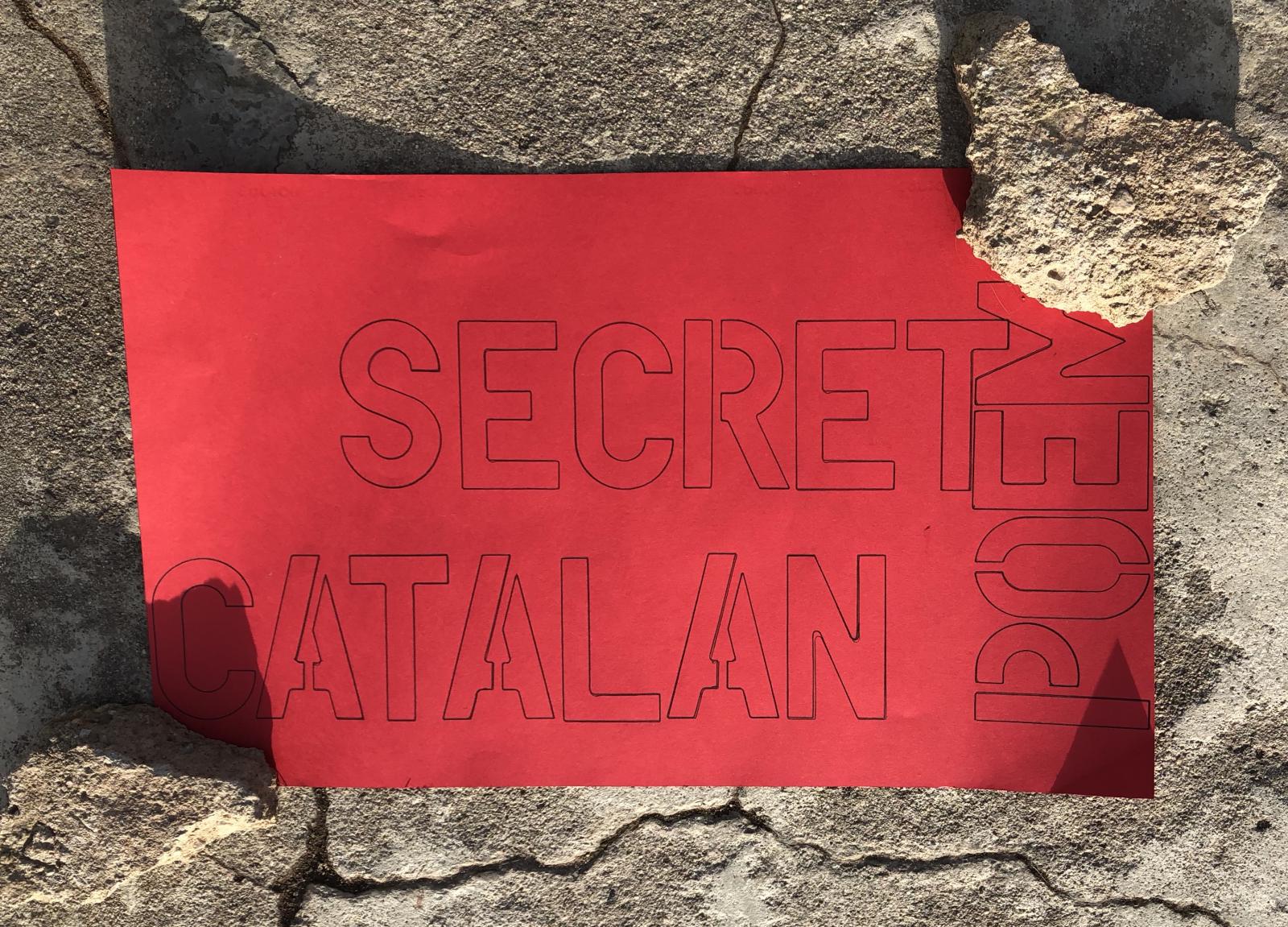
On the first day of this year, I climbed the Bunkers del Carmel in Catalonia with 36 long-stem roses, purchased for 3€ each at a flower shop in Can Baró, the enveloping neighborhood. In exchange for one rose, I invited people to record a secret, something which they had never before revealed or wished to keep private. They were encouraged to do so anonymously, semi-anonymously, or pseudonymously. A couple of weeks later, I transported the secrets to the U.S., and translated them from Spanish, French, Catalan, and Italian into English. In New York, I invited 36 other people to read the secrets aloud at a performance in Pioneer Works.
The Bunkers are the site of a former anti-aircraft defense system during the Spanish Civil War in the late 1930s. Later, with the accoutrements of anti-fascist warfare dismantled, they became informal housing or "shantytowns" for thousands on the hills of Turó de la Rovira in Barcelona. Those barracks, too, were evacuated in the wake of the 1992 Olympic Games. Now the Bunkers function as a lookout spot, offering an energetic hike up to a 360-degree viewpoint of the city. Foreigners (those in-the-know enough to hear about them, as they still hide in plain sight away from the usual downtown tourist traps) and locals leaned on the defunct cannons and sunned themselves on the dusty cobbled ruins.
There is nothing to do, and save some bits of handmade jewelry or a Diet Coke, nothing to buy. This made the Bunkers an attractive convergence point for me, since there is so little public space left that does not reunite people for the sake of monetary transaction. The history of the place mattered, but insofar as it was framed by the energies it carried—from the dark, heavy energy of paranoia, fear, and defense to the protective nature of shelter, housing, and land re-appropriation. The extreme height near the city's coast, too, lent it a celestial surreality, especially as we stood barreled in the path of tenacious northwest winds. Anything could happen, even the interchange of roses for secrets.
I don't care about "confession," or I care only only if it is de-personalized—the secret carried from private to public without force. Physically carried over from the site of extraction (here: Barcelona) to the site of disclosure (here: New York). Instead of disclosure, divulgence seems more accurate: "From late Middle English, in the sense 'announce publicly,' from Latin divulgare, from di- 'widely' + vulgare "publish, from vulgus 'common people.'"
